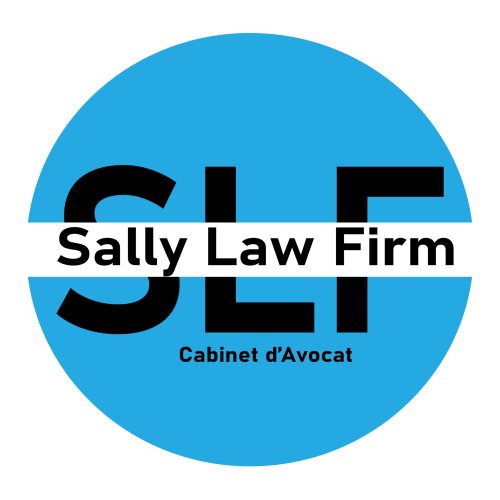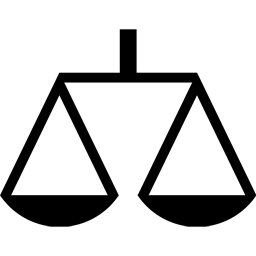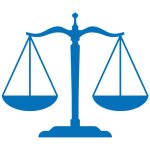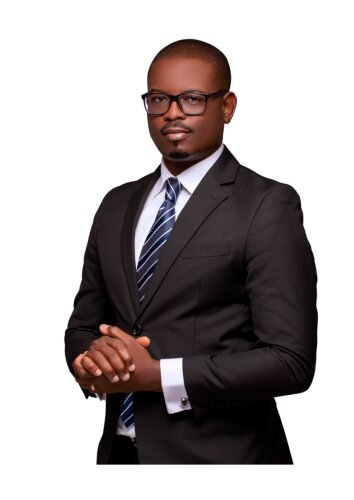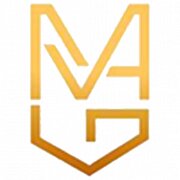Best Restructuring & Insolvency Lawyers in Senegal
Share your needs with us, get contacted by law firms.
Free. Takes 2 min.
Or refine your search by selecting a city:
List of the best lawyers in Senegal
About Restructuring & Insolvency Law in Senegal
Restructuring and insolvency laws in Senegal provide the legal framework for managing financially distressed companies and individuals. These laws are designed to protect creditors, debtors, and other stakeholders when a business or person is unable to meet their financial obligations. The system encourages both restructuring, which means reorganizing assets and liabilities to restore financial health, and insolvency proceedings, which may lead to liquidation or formal debt settlements. Senegal follows the Uniform Act on the Organization of Securities, which stems from OHADA (Organization for the Harmonization of Business Law in Africa), offering a unified approach across member countries. This legal avenue aims to foster economic stability and safeguard jobs wherever possible.
Why You May Need a Lawyer
Navigating restructuring and insolvency proceedings is often complicated and time sensitive. You may need a lawyer for several reasons:
- If your company or you personally are struggling to pay debts as they become due.
- If you are a creditor seeking to recover outstanding debts from a financially troubled business or individual.
- If you are considering voluntary insolvency as a business exit strategy.
- If you want to explore debt renegotiation or formal restructuring to continue your operations.
- If you are involved in disputes regarding the distribution of assets or priorities among creditors.
- If you need advice on maintaining compliance with Senegalese and OHADA regulations during financial distress.
The guidance of an experienced lawyer ensures your rights are protected and that you follow the correct legal procedures.
Local Laws Overview
Senegal’s restructuring and insolvency framework is largely governed by the OHADA Uniform Act on the Organization of Collective Proceedings for Discharge of Liabilities. Key aspects include:
- The Act applies to all commercial and non commercial entities, except certain public bodies.
- There are several procedures available: preventive settlement (conciliation), judicial reorganization, and judicial liquidation.
- Preventive settlement allows debtors to negotiate with creditors before insolvency becomes critical, with court supervision.
- Judicial reorganization is designed to help sustain business operations while a recovery plan is negotiated and implemented.
- Judicial liquidation may be used if recovery is not possible, leading to orderly liquidation and asset distribution.
- Creditor claims are ranked and paid in a specific order defined by law.
- There are measures in place for personal liability of company directors in cases of mismanagement or fraudulent behavior.
- Senegalese law provides for moratoria and possible suspension of enforcement proceedings during restructuring or insolvency.
These procedures aim to balance creditor interests with those of debtors, employees, and other stakeholders, encouraging early intervention and business rescue where possible.
Frequently Asked Questions
What is the difference between restructuring and insolvency?
Restructuring involves reorganizing a company’s debts and operations to restore financial stability, often avoiding formal insolvency. Insolvency refers to the legal process that occurs when a person or company can no longer meet debt obligations as due. Insolvency may result in court supervised liquidation or reorganization.
What legal framework governs insolvency in Senegal?
Insolvency in Senegal is mainly governed by the OHADA Uniform Act on the Organization of Collective Proceedings for Discharge of Liabilities, which applies to all member states.
Who can initiate insolvency proceedings?
Insolvency proceedings can be initiated by the debtor, one or more creditors, the public prosecutor, or in some cases by the court itself.
What assets are included in insolvency proceedings?
All assets owned by the debtor at the start of proceedings are generally included, unless legally exempt, for the benefit of all creditors.
How are creditors informed and involved?
Creditors are formally notified by the court and may submit their claims within set deadlines. They may participate in creditors meetings to vote on proposed settlement or reorganization plans.
What happens to employees during insolvency?
Employee claims are usually given preferential treatment by law. Depending on the procedure, employment contracts may be maintained, renegotiated, or terminated according to legal requirements.
Can individuals as well as companies undergo insolvency?
Yes, both companies and individuals conducting business activities can be subject to insolvency proceedings in Senegal.
How long do restructuring or insolvency proceedings typically take?
Timelines vary depending on the complexity of the case, the chosen procedure, and the parties involved. Preventive settlements may be resolved within months, while complex reorganizations or liquidations can take longer.
Is it possible to reverse insolvency proceedings?
If debts are repaid in full or a court approved reorganization plan is successfully completed, proceedings may be terminated early with the restoration of business activities.
What are the consequences for directors of insolvent companies?
Directors may face personal liability for mismanagement or fraudulent conduct. Senegalese law provides penalties for improper business practices related to insolvency.
Additional Resources
Below are useful contacts and organizations for those seeking further information or support regarding restructuring and insolvency in Senegal:
- Ministry of Justice - Offers general oversight and public records related to legal proceedings.
- Professional Association of Certified Accountants - Useful for financial review and restructuring advice.
- OHADA National Commission - Provides interpretation of the Uniform Act and updates on regional law reforms.
- Local commercial courts (Tribunaux de Commerce) - Handle insolvency cases and provide case records.
- Chamber of Commerce, Industry and Agriculture - Offers support and advice for businesses in distress.
Next Steps
If you or your business is experiencing financial difficulty or you are a creditor concerned about recovering debts, early action is essential. Here are recommended steps:
- Gather all relevant financial documentation, including contracts, invoices, statements, and correspondence.
- Assess the scope of financial distress and consider whether informal negotiations or formal proceedings are appropriate.
- Consult a qualified lawyer specializing in restructuring and insolvency law in Senegal to understand your rights and obligations.
- Discuss available options, such as preventive settlements, judicial reorganization, or liquidation, with your legal adviser.
- Be prepared to act quickly once decisions are made, as delays can limit your options and increase potential risks.
Professional legal advice can help you navigate Senegal’s restructuring and insolvency processes effectively, protect your interests, and find the best path toward financial recovery or resolution.
Lawzana helps you find the best lawyers and law firms in Senegal through a curated and pre-screened list of qualified legal professionals. Our platform offers rankings and detailed profiles of attorneys and law firms, allowing you to compare based on practice areas, including Restructuring & Insolvency, experience, and client feedback.
Each profile includes a description of the firm's areas of practice, client reviews, team members and partners, year of establishment, spoken languages, office locations, contact information, social media presence, and any published articles or resources. Most firms on our platform speak English and are experienced in both local and international legal matters.
Get a quote from top-rated law firms in Senegal — quickly, securely, and without unnecessary hassle.
Disclaimer:
The information provided on this page is for general informational purposes only and does not constitute legal advice. While we strive to ensure the accuracy and relevance of the content, legal information may change over time, and interpretations of the law can vary. You should always consult with a qualified legal professional for advice specific to your situation.
We disclaim all liability for actions taken or not taken based on the content of this page. If you believe any information is incorrect or outdated, please contact us, and we will review and update it where appropriate.
Browse restructuring & insolvency law firms by city in Senegal
Refine your search by selecting a city.



